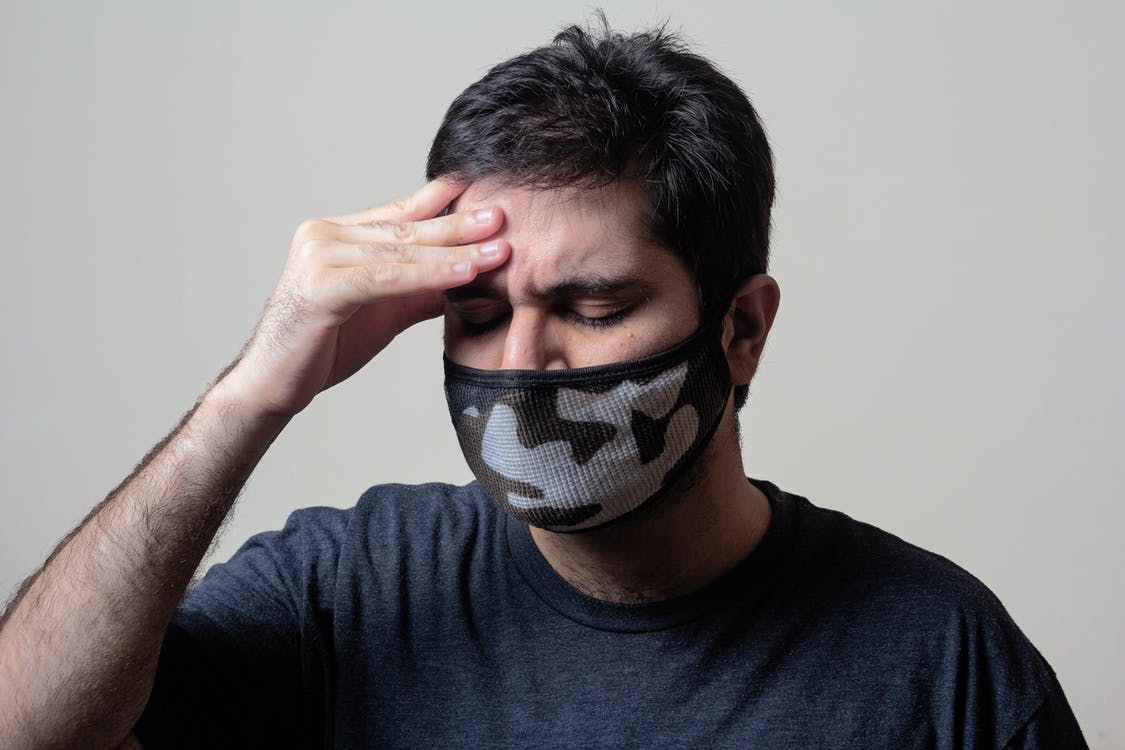Latest News
Causes and Prevention Measures for Neck Pain

Pain in your neck is a common problem that results from injuries or diseases such as osteoarthritis and spinal stenosis. A common cause of neck pain is poor posture, causing muscle and ligament strain. For example, activities such as leaning over your smartphone while texting for hours and reading your favorite novel in bed can cause neck pain. Most of the time, home remedies such as gentle stretches and hot compresses can help alleviate the pain. However, the pain may persist or worsen, and you may need to see Dr. Nina Sandhu in Dallas for advanced treatment. The following are the causes of neck pain.
Worn out joints
Joints in your body wear out as you age due to the deterioration of cartilage. The cartilage is a connective tissue that serves various functional and structural purposes. It covers the end of bones, preventing friction when you move. Over time, the cartilage wears out, allowing bones to rub against each other upon motion. Friction between two bones produces pain and may also lead to the formation of bone spurs. Cartilage deterioration can occur in any joints in your body, including your neck joints. An age-related condition that causes cartilage to wear out is osteoarthritis.
Muscle strains
Repetitive or sudden awkward movements can cause muscle strains. Pulled muscles can also be a result of an injury. Mild injuries can cause the muscles and tendons to overstretch, while severe injuries can result in a partial or complete tear. Minor sprains usually improve with home treatments such as cold compresses, rest, and elevation. However, if there is severe damage to the muscle or tendon, you may require surgery.
Nerve compression
Nerve compression can be a result of herniated or bulged discs. Herniated discs occur when part of the nucleus pushes through a weak spot on the annulus. Since the spinal space is limited, the herniated disc can press on a nerve, producing pain. Bulged discs can occur anywhere along the spine, including the cervical (neck) region. Besides neck pain, a herniated disc may cause other symptoms such as weakness and numbness on one or both arms. Other times you may have a bulged disc without any symptoms.
The neck is vulnerable to injuries and conditions restricting motion because of its function (supporting the head’s weight) and flexibility.
How can I prevent neck pain?
Simple adjustments in your lifestyle can help you prevent neck pain. For example:
- Don’t tuck your phone. Use a headset instead of supporting your phone between your shoulder and ear while talking.
- Take breaks between long hours of sitting. If you work long hours at your computer, get up and stretch your neck and shoulder muscles to reduce the pressure. Do the same whenever you need to travel a long distance.
- Quit smoking. Nicotine makes your blood vessels narrow, causing insufficient blood flow in your bones. Due to inadequate nutrients and oxygen, bones become brittle and prone to fracture. Smoking also interferes with the efficacy of pain medications for back pain.
Neck pain can be frustrating, especially when limiting your range of motion. If your neck is sore, book a session with your doctor at Magnolia Pain Associates for treatment to improve your quality of life.
Umar Nisar was born and raised in the busy city of Abbottabad. As a journalist, Umar Nisar has contributed to many online publications including PAK Today and the Huffing Post. In regards to academics, Umar Nisar earned a degree in business from the Abbottabad UST, Havelian. Umar Nisar follows the money and covers all aspects of emerging tech here at The Hear Up.
Thanks










